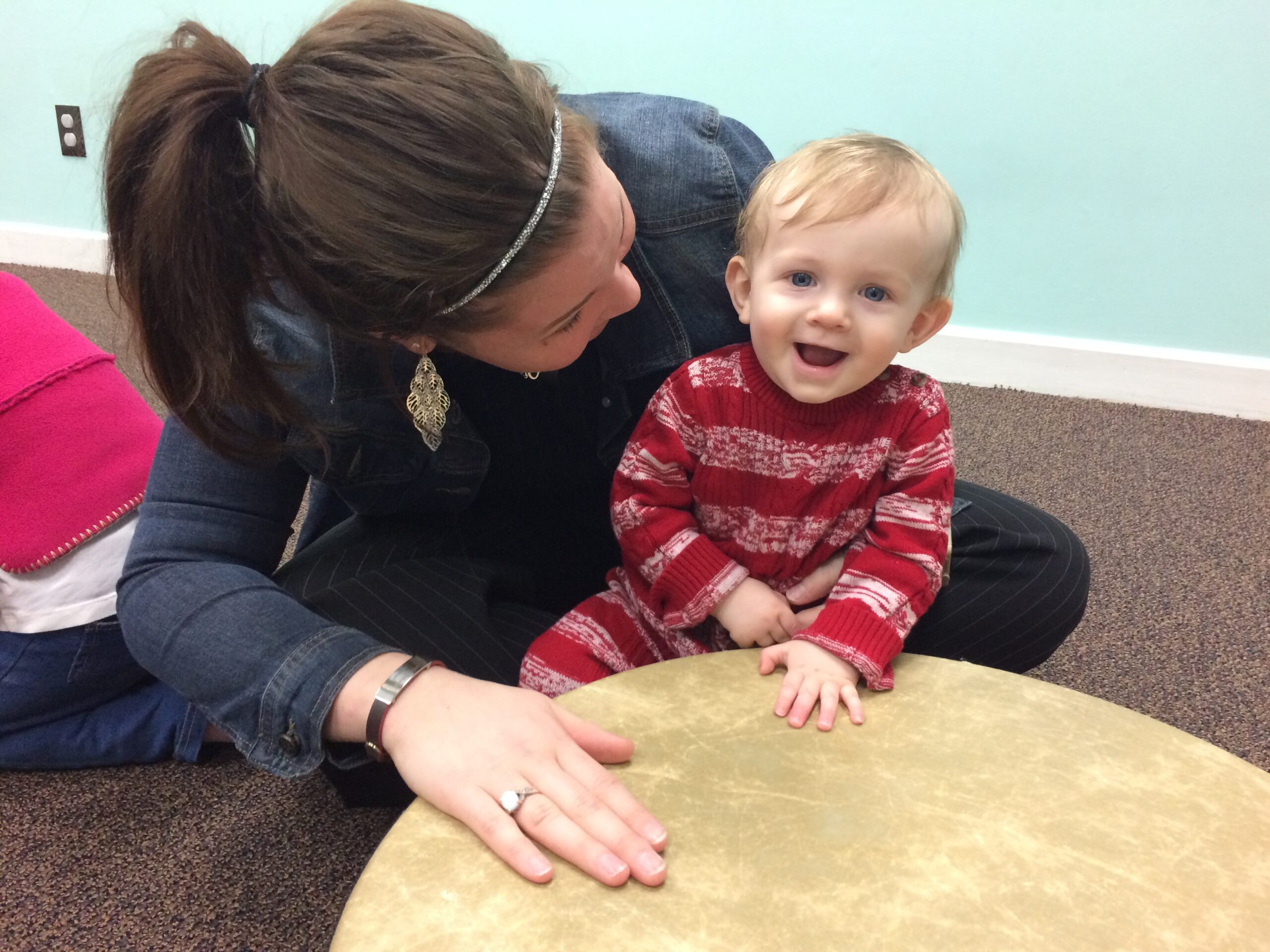
Like most modern parents, you probably have a gazillion photos of your child attesting to their every new skill: cute videos of cooing, funny language gaffs from those early toddler years, happy reminders of those first wobbly steps, and foodie-faced pictures of your little one’s early attempts to use a spoon.
Billions of neurons and trillions of synapses (or connections) are being “hard-wired” every second. Early experiences matter, and your child’s growing brain expects to receive certain stimuli within the first five years of life. Without these formative experiences, the brain begins a pruning process that leaves neural pathways less resilient to being built again.
Take, for example, the first year of a child’s life. Major neural pathways are being made in the areas of hearing, language, and movement. And by two years of age, a child’s brain will have made giant leaps in vision, language, communication skills, and will begin to form higher level reasoning.
With the outwardly visible changes that are occurring every day in the areas of loco-motor skill and communication, it’s easy to forget about the emotional developments that are happening, too.
It is also within these first five years of life that the brain forms an emotional foundation that your child will carry with them for the rest of their life. Friendships, more intimate relationships, effective parenting skills, and holding down a job are all just some of the future skills that will develop out of emotionally rich early years.
While it’s difficult to envision adult-hood when you’re dealing with potty-training, it’s not so difficult to appreciate the more immediate gains. Self-regulation, attention and focus, problem-solving are just some of the major areas that stem out of emotional security; and these skills are necessary for a well-adjusted school-age child.
Much of the foundation for your child’s future academic and behavioral “success” is being laid before your child ever learns to read their first books. Behaving well in social settings, getting along with peers, understanding and managing strong emotions constructively are evidence of emotional stability, and YOU are your child’s most vital connection to this kind of development.
Just like a house needs a solid foundation, the brain is shaped by shared experiences and healthy stimulation. Responsive parenting, purposeful stimulation, and engagement are critical for your child’s growing brain. Engaging one on one with your child can be as simple as playing peek-a-boo, having a beloved nighttime ritual, reading together, enjoying a simple quiet time snuggle during a stressful part of the day, or talking to your child while you go about daily activities such as dressing, bathing, eating.
While there may be no verbal interaction involved, the importance of looking into your child’s eyes, getting down on their play level, taking time to feed, comfort, and hold cannot be overestimated. These emotionally supportive moments are incredibly formative from the earliest days of infancy.
Social, language, motor, and cognitive skills are forming simultaneously, and emotional development strengthens each of these connections. It is for this reason that we love making music and parents are the VIPs of our Kindermusik classroom!
The feel good hugs, the dances and scarf plays, the story times, and rocking times all are purposeful – and these moments are too special to be kept confined to your Kindermusik classes. We want to share them with you so that you can cherish them with your child for a long time to come.
Long before your child begins to read their first book, they are building communication and language skills. And just the same, long before your child is ready for school or a family network of their own, they are building those loving and life skills so necessary for their future.
Don’t waste the opportunities of the early years when growing minds are most open and little hearts are most impressionable. A musical start is a head start to all the learning that will follow.
For more research on how music is an excellent early learning experience for the brain, check out this parent affirming article: If You Want Smarter Kids Teach Them Music, Not Coding, According to MIT
Turns out, the things that make us smile, are good for us, too!
Want to learn more?
Here is an excellent set of short videos on the early architecture of the brain and why first experiences matter: https://developingchild.harvard.edu/resources/project-for-babies/
